Ambulatory care centers face unique challenges in delivering critical, community-based healthcare, but the right technology solutions can solve many of those problems.
Do any of these obstacles sound familiar?
- Complex patient data
- Coordinating care across teams
- Delivering personalized patient experiences
- Referral Management
- Patient leakage
- Disparate systems
The good news? The right Customer Relationship Management (CRM) platform can solve those problems.
Let’s explore the possibilities.
1.) Complex Patient Data & Disparate Systems: Managing complex patient data is often challenging for ambulatory care centers. With the right CRM, these centers can leverage a comprehensive data model that organizes patient information around a 360-degree view. One such CRM, Salesforce Health Cloud, offers a holistic approach, helping providers make informed decisions and deliver personalized care based on accurate and up-to-date data. It integrates with existing systems, creating a unified platform that eliminates silos and enables seamless data sharing. A unified platform enhances operational efficiency, reduces errors, and improves the overall patient experience.
2.) Coordinating Care Across Teams: Effective coordination among care teams is essential for delivering seamless patient care. Again, a healthcare- industry-specific CRM provides a centralized platform that facilitates collaboration and communication among different teams involved in a patient’s care journey. A centralized platform ensures everyone is on the same page, leading to improved care coordination and better patient outcomes.
3.) Delivering Personalized Patient Experiences: In today’s healthcare landscape, patients expect personalized experiences tailored to their unique needs. Technology platforms that leverage patient demographics, clinical data, and care plans empower healthcare professionals to provide personalized care plans, targeted interventions, and proactive outreach, enhancing patient satisfaction and engagement.
4.) Referral Management & Patient Leakage: Managing referrals efficiently is crucial for ambulatory care centers. A healthcare-specific CRM streamlines the referral process by providing a centralized system that tracks and manages referrals, identifies gaps in care, ensures timely follow-ups, and reduces the risk of patients falling through the cracks. This type of specialized CRM improves patient retention and strengthens relationships with referring providers, additionally preventing patient leakage.
When most people think of CRM platforms, they think sales and marketing or lead management, not patient management, referral management, and value-based care. But that’s because most CRMs are not designed specifically for the healthcare industry. Salesforce, however, has CRM solutions specifically engineered for the unique needs of healthcare, patient management, referral management, and EHR systems integrations. It offers a 360-degree view that helps healthcare professionals make informed decisions and deliver personalized care. In healthcare, the right CRM can deliver well beyond the standard lead management.
J2 Interactive is a strategic technology partner with over two decades of experience in healthcare. With over two decades of experience delivering solutions exclusively in the healthcare industry, J2 Interactive’s consultants have helped design & configure industry-leading platforms like Salesforce Health Cloud to achieve operational and patient engagement goals. We’re dedicated to helping our customers find the right solutions for them. Reach out for a free, no-pressure strategy session, and let’s explore what the right tech can do for your enterprise.


